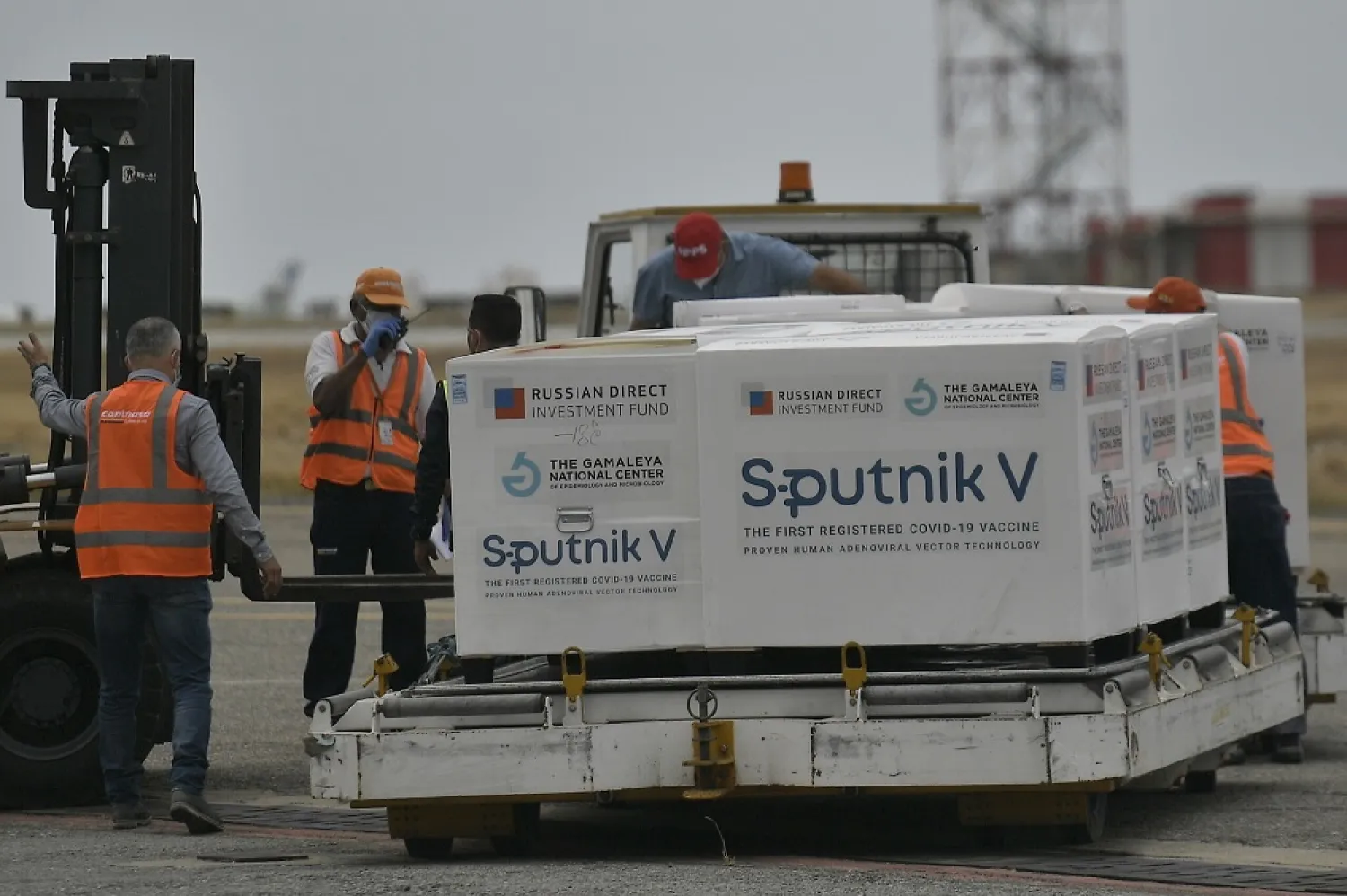The Syrian embassy in Moscow announced on Monday that Damascus has authorized the use of Russia’s Sputnik V coronavirus vaccine.
The announcement was made in wake of Israeli reports that Tel Aviv had paid Russia $1.2 million to provide the Syrian government with coronavirus vaccine doses as part of a deal that secured the release of an Israeli woman held captive in Damascus.
Damascus denied the allegations, while Israeli Prime Minister Benjamin Netanyahu said the deal did not include providing Syria with an “Israeli vaccine.”
Damascus has reported 15,179 virus infections and 998 fatalities in regions under its control.
Infections in Kurdish-held regions in the northeast topped 8,600 and 311 deaths. Opposition regions in the northwest tallied 21,121 cases and 408 deaths.
Israel announced Friday it had reached a Russian-mediated deal to bring home a young woman who had crossed the border into neighboring Syria earlier this month. In exchange, Israel said it had released two Syrian shepherds who had entered Israeli territory.
Separately, Lebanese militant Anis Naccache, an accomplice of the notorious Carlos the Jackal, died Monday of coronavirus in a Damascus hospital at the age of 70, Syrian state media said.
Hailing him as a "thinker and freedom fighter", the official SANA news agency said he was "admitted into intensive care two days ago... because his health deteriorated as a result of Covid-19".
Naccache is known as the Lebanese accomplice of Carlos the Jackal, born Ilich Ramirez Sanchez, a Venezuelan who is serving a life sentence in France.
Carlos the Jackal shot to the front pages in 1975 when he headed the six-person commando team that held captive 70 representatives of OPEC (the Organization of Petroleum Exporting Countries).
Naccache was the second in command.
He was jailed in France for leading an attempted assassination of Iran's former prime minister Shahpur Bakhtiar in Paris in 1980.
A five-man hit squad led by Naccache killed two people in the attack on Bakhtiar's home in the western suburb of Neuilly-sur-Seine.
They were all jailed for life, but former president Francois Mitterrand pardoned them in 1990.
In recent years, Naccache, a vocal supporter of Syrian President Bashar al-Assad, regularly appeared as a commentator on pro-Iranian media platforms such as Al-Mayadeen and Al-Manar, a Lebanese television channel operated by the Hezbollah movement.









